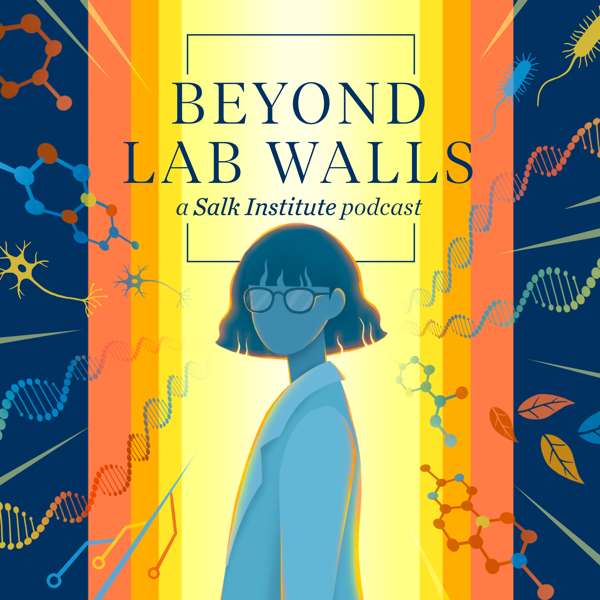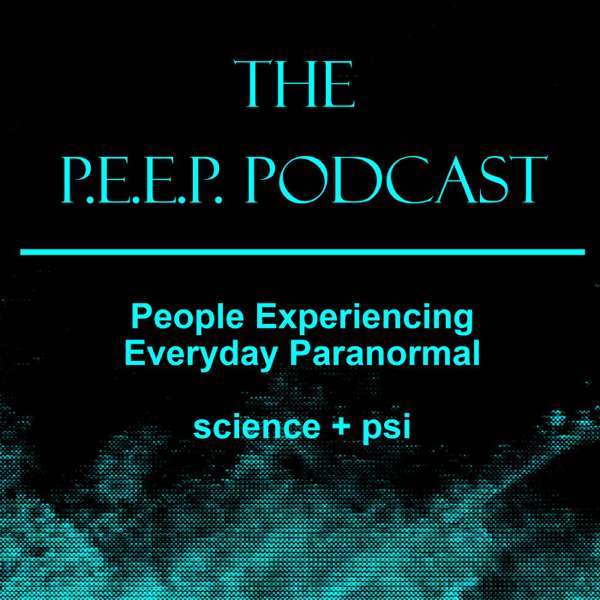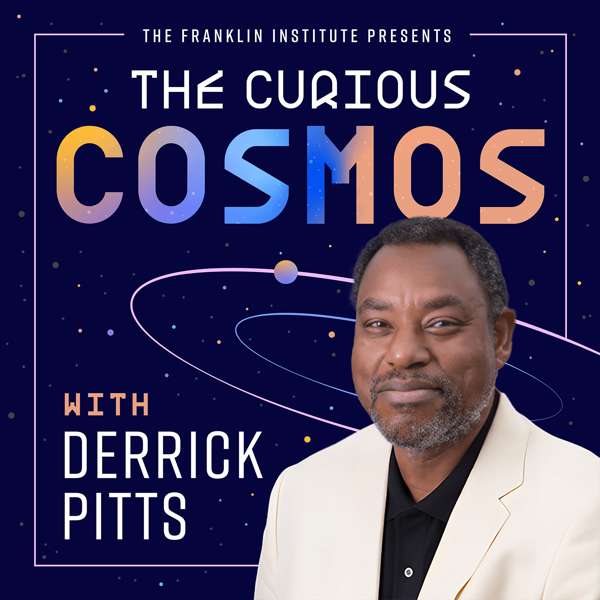Music is a universal language, a connecting force during all of life’s highs and lows. But why does music make us emotional? From feelings of elation and melancholy, to unease and motivation - why and how does music play with not only our emotions, but our brains themselves?
Catherine Loveday, Professor of Neuropsychology at the University of Westminster, joins Luke Turner to discuss the psychology of music, its impact on our memory and why our teenage music loves stay with us forever.
• "Music is in masses of different areas of the brain, and when we look in brain scanners when people are improvising, performing, or listening to music we see huge amounts of activation” - Prof Catherine Loveday
• “There is research that shows longer-term musical memories are robust, and are less likely to be impacted by conditions such as dementia than other memories” - Prof Catherine Loveday
• "There is a theory that music was our communication tool from before we developed language” - Prof Catherine Loveday
• "There is no consistency in what people choose as their favourite genre of music, everyone develops their own taste and love of particular types of music” - Prof Catherine Loveday
WHY? is written and presented by Luke Turner. Produced by Jade Bailey. Managing editor: Jacob Jarvis. Group editor: Andrew Harrison. Artwork by James Parrett. Music by DJ Food. WHY? is a Podmasters production.
Learn more about your ad choices. Visit podcastchoices.com/adchoices
Hosted on Acast. See acast.com/privacy for more information.

 Our TOPPODCAST Picks
Our TOPPODCAST Picks  Stay Connected
Stay Connected







